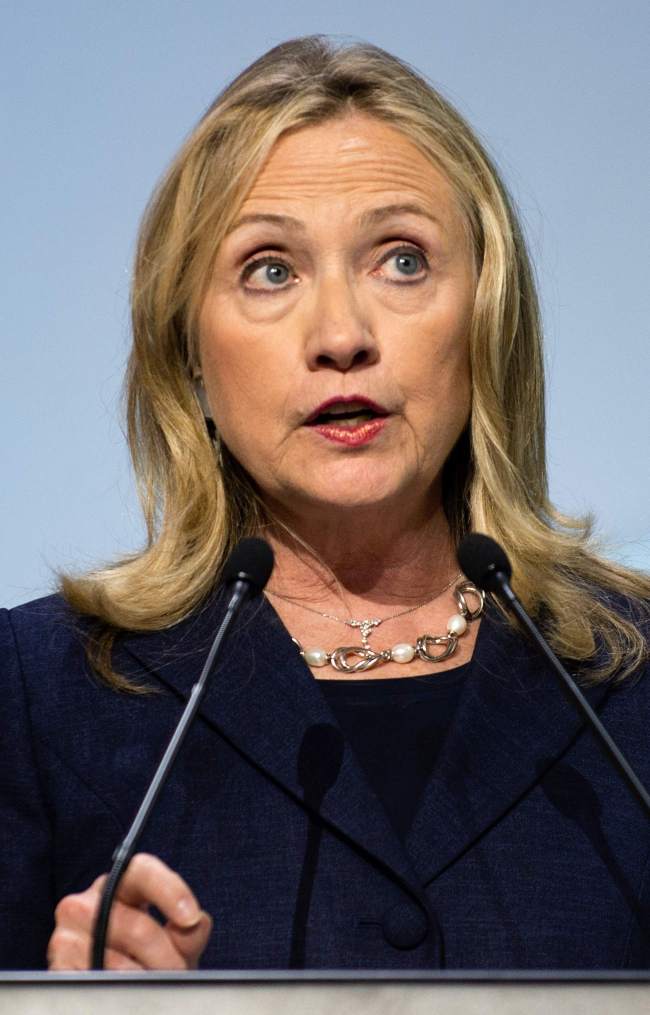The stand-out story from November’s Asia-Pacific Economic Cooperation meeting in Hawaii was the United States’ “pivot” toward Asia.
With renewed focus on Pacific relations, U.S. Secretary of State Hillary Clinton must have been vexed to arrive at this month’s APEC meeting in Vladivostok to find two of its biggest allies at each others’ throats.
And so one of her first tasks in Russia was reminding Korea and Japan that they are ultimately friends, despite their differences.
With renewed focus on Pacific relations, U.S. Secretary of State Hillary Clinton must have been vexed to arrive at this month’s APEC meeting in Vladivostok to find two of its biggest allies at each others’ throats.
And so one of her first tasks in Russia was reminding Korea and Japan that they are ultimately friends, despite their differences.

“I raised these issues with both of them,” she said, “urging that their interests really lie in making sure that they lower the temperature and work together in a concerted way to have a calm and restrained approach.”
Whatever she said to them, it seems to have worked. Soon after, President Lee Myung-bak and Japanese Prime Minister Yoshihiko Noda agreed in impromptu talks to work together.
Just a few months ago, things had seemed to be going more smoothly.
In June the two nations agreed on a pact to share military intelligence. But in arranging such a contentious deal and announcing it without warning, Korea’s lame duck president had bitten off more than he could chew. Korea pulled out of the deal at the 11th hour, with some Koreans questioning Lee’s loyalties. Under pressure to assert his nationalist credentials, and with corruption scandals causing key aides to drop like flies, Lee visited Dokdo on the eve of the Olympic bronze medal soccer match between the two countries.
Then he demanded the Japanese emperor apologize for the country’s colonial atrocities. These were acts sure to enrage Tokyo. In the face of his own political quagmire, the Japanese leader reacted as predicted, the two sides’ governments fanning the flames of a fire neither could effectively extinguish.
Clinton’s remark suggests a changing attitude of the U.S., which has refrained from engaging the deep-rooted disputes between its Asian allies. But encouraging a stronger partnership between them may yet be harder.
Korea’s supportive reaction to the Japanese tsunami in March 2011 showed that the countries have more affinity for each other than their bitter historical disputes suggest.
The two sides’ interests coincide more than conflict, but the collapse of the June deal shows that increased cooperation takes care. Perhaps the governments of Korea and Japan should put their common interests before rifts that are hard to resolve in the short term.
By Paul Kerry (paulkerry@heraldcorp.com)
-
Articles by Korea Herald





![[KH Explains] No more 'Michael' at Kakao Games](http://res.heraldm.com/phpwas/restmb_idxmake.php?idx=644&simg=/content/image/2024/04/28/20240428050183_0.jpg&u=20240428180321)














